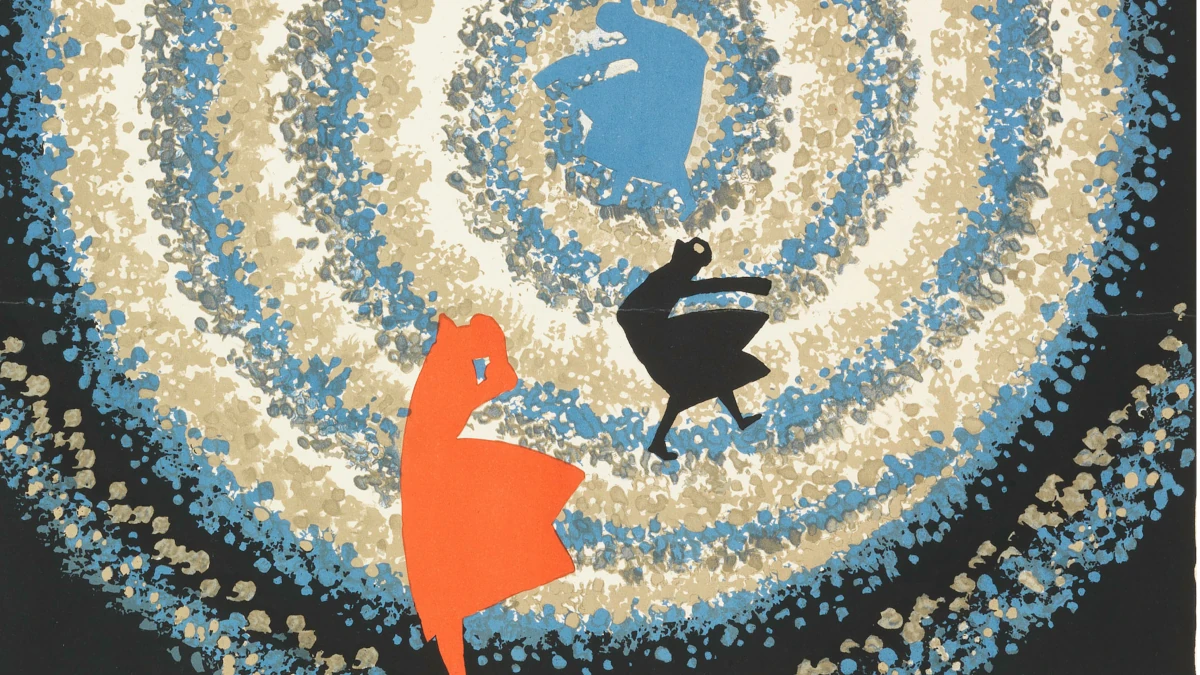The medical establishment often dismisses skepticism of vaccines and treatments as irrational fear. But, as Katherine Furman argues, it can sometimes be rational to trust your friends and neighbours over distant experts – for example, in cases when one lacks information about the aims and values of those experts. Instead of manipulating people into compliance or emphasising the authority of expertise, the real solution lies in bringing scientists and medics closer to the communities they serve.
1. Trusting friends and neighbours
We often share healthcare information and advice with our fellow non-experts. We don’t just talk to our healthcare providers about health; we also talk to our friends, neighbours, and that guy at the coffee shop. A study in France found that mothers who are undecided or uncertain about whether to vaccinate their children would trust a healthcare provider’s advice on vaccination, but only once the provider had been recommended by other women. We value peer-testimony – information we receive from people we judge to be the same as us. And we include that testimony in our medical decision-making.
There are classic examples of relying on those we judge to be similar to ourselves when making healthcare decisions. In the 1970s, a feminist collective in Boston put together the handbook, Our Bodies, Ourselves, which provides a collection of information, often anecdotal, on how to navigate the healthcare system. Their message was simple: we cannot rely on the doctors and we need to share this information between ourselves to survive. Our Bodies, Ourselves has been repeatedly updated and reissued to keep pace with women’s health needs, with the most recent version published in 2011, indicating the longevity of this self-reliance intervention.
There are lots of ways that we share and receive information in our peer networks. We put together and purchase handbooks, like that produced by the Boston Women’s Health Collective. We chat with the baristas in our local coffee shop, like a conversation I overheard this morning between a café owner and a customer about cancer care pathways. We also share rumours.
Rumours closely resemble our casual chatter about shared experience, but they have a more menacing reputation. During World War 2, rumours were so troubling to the powers-that-be that they were deemed a threat to American national security. In philosophy, rumours don’t have a much better reputation. Australian philosopher, CAJ Coady describes rumours as “pathological testimony” – testimony that is diseased. At their core, rumours are just unofficial pieces of peer testimony that travel through peer networks, where their “unofficial” status means that there is nothing to underwrite their credibility. This is in contrast to scientific testimony, which has the whole scientific edifice to support it. Importantly, rumours are a form of peer testimony. We typically only share rumours between those we judge to be like ourselves and we don’t share across social boundaries. We share rumours with fellow pub-goers and not with the priest. Today, much of our rumour sharing happens online, where we don’t always know exactly with whom we are sharing information, yet we often treat them as people we know well.






















Join the conversation